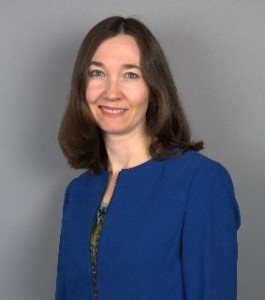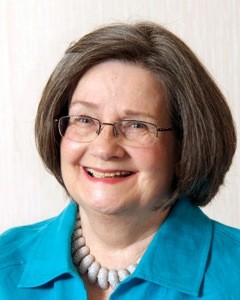 By Marie Howes & Suzanne Cook, PlanetLongevity.com
By Marie Howes & Suzanne Cook, PlanetLongevity.com
Special to the Financial Independence Hub

As a researcher who studies aging, let me begin by saying that as an interdisciplinary field, gerontology (the study of the biological, psychological, and social aspects of aging and older people) consists of many disciplines such as health, psychology, sociology, education, law and political science, to name a few.
Gerontologists work as practitioners on the front line with individuals. In addition, gerontologists can work within public policy and social planning. Within organizations, they can be involved in program development and evaluation. Gerontologists might also consult and conduct research, as I enjoy doing.
Traditionally, the financial aspects of aging have been a bit on the periphery within the study of aging, a part of gerontology and issues of aging, but not in the forefront. A great example of this is the lack of attention generally paid to later life work and career development among older adults, which is the focus of my research and work in the field.
Regardless, financial and economic issues, such as low-income seniors, pension plans and retirement savings, are gerontological issues, and are important personal and public policy issues. Furthermore, the importance of economic and financial issues in people’s lives on the journey of aging, but also as public policy issues, is further demonstrated through economics and financial management courses being included in many gerontology programs.
Let the fusion begin
This is where the fusion becomes interesting in an aging world. The ripples on the water in this conversation, pool closer when we both speak of the increasing importance of economic and financial issues connected with aging in our society. Marie picks up this linkage by looking at the micro process of personal financial planning:

As a financial planning consultant, my current focus is on challenging current standards for health care funding and delivery methods, and my other concern is about the regulation of financial and investment advisors as related to consumer rights.
Personal financial planning is the process of helping individuals and families to use their income and assets to be meet their life goals now and in the future. The objective is that these goals will be met through the implementation of cash flow management, risk avoidance plans, investment planning, tax strategies and estate planning.
Over the last ten years, personal financial planning has seen innovation in financial products needed by individuals to meet their goals – especially in investment products. For example, Exchange Traded Funds have become a lower cost alternative to mutual funds. But product developers have also added complexity to the product offerings. There has also been a trend toward “fee-based” financial planning, which can blur the distinction between “advice only” and “advice tied to product sales and compensation.”
The gap in public understanding of personal financial planning is in confusing financial planning with investment planning and the purchase of investment products. Many people think that financial planning means buying GICs or mutual funds. That is investment planning and implementation. True personal financial planning does include investment planning and the purchase of investment products, BUT it is a much broader process.
A much broader process indeed. As more of our thoughts turn to forward thinking on aging issues, it will be even more so when you begin to include the equation question Financial + Gerontology = ?
Next in part two of our series Fusion and Confusion [Hub version to run next Wed., Feb 10], we will look at the current roll out of that equation and share our thoughts on what this means professionally, and how it may sit in the consumer mindset as they make decisions in their future life course.
Marie Howes, PRP is a financial planning consultant, writer and commentator. She has a special interest in the effects of public policies on seniors, particularly in healthcare funding and delivery, and in the regulation of financial and investment advisors which can best protect aging consumers. Marie is a panelist on Planet Longevity -“Forward Thinking on Aging Issues” www.planetlongevity.com
Suzanne Cook, PhD, is a social gerontologist and researcher with a strong belief that longer life spans require a new vision of aging. Her business, Carpe Vitam, links lifelong learning with healthy aging to develop innovative programs and policies for organizations. Suzanne is a panelist on Planet Longevity -“Forward Thinking on Aging Issues” www.planetlongevity.com

